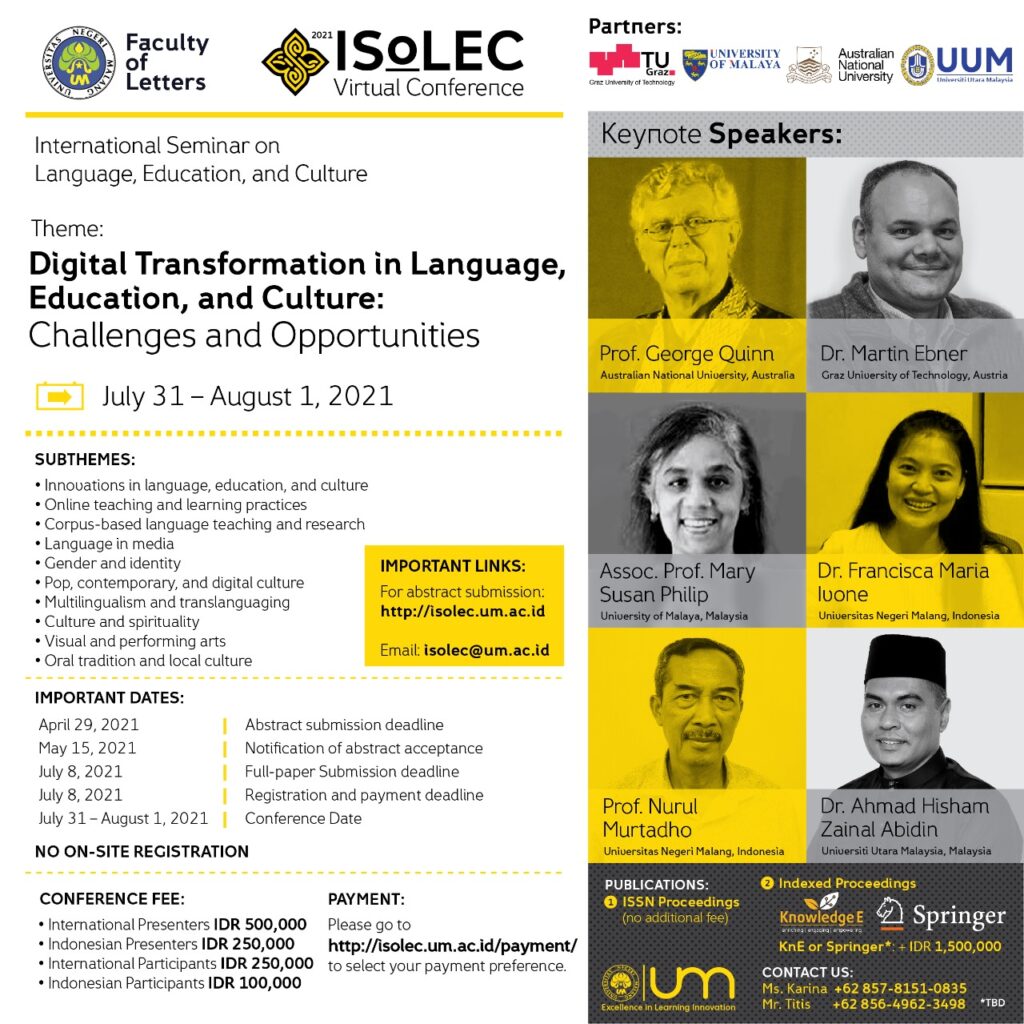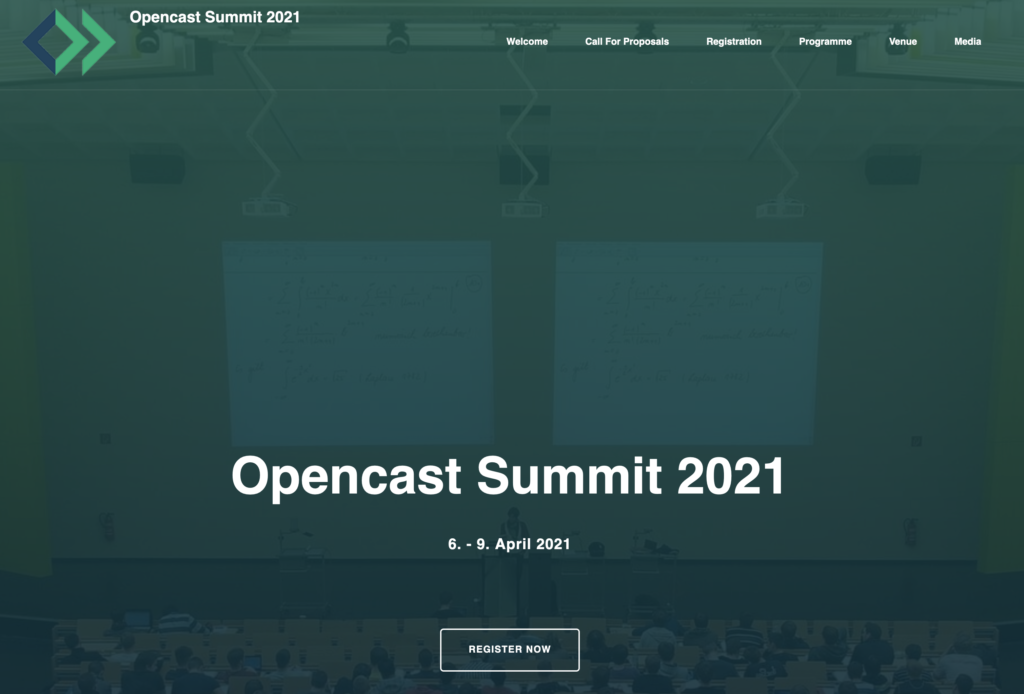 Issue 16(08) of our journal on emerging technologies for learning got published. Enjoy the readings as usual for free :-).
Issue 16(08) of our journal on emerging technologies for learning got published. Enjoy the readings as usual for free :-).
Table of Contents:
- A Digital Micro-Game Approach to Improve the Learning of Hand-Weaving Art and History
- Visualization Analysis of Artificial Intelligence Technology in Higher Education Based on SSCI and SCI Journals from 2009 to 2019
- A Data-Driven Emotion Model for English Learners Based on Machine Learning
- Detection of Malpractice in E-exams by Head Pose and Gaze Estimation
- Upbringing of Student Teachers in Extracurricular Activities in the Context of Distance Learning
- Psychological Motivations of Students for Book Borrowing in Libraries of Higher Vocational Colleges from the Perspective of “Three Comprehensive Education”
- Emotion Analysis Model of MOOC Course Review Based on BiLSTM
- Towards a New Platform Based on Web 2.0 Technologies Supporting Collaborative Clinical Reasoning Behavior Skills
- Software Architecture for Planning Educational Scenarios by Applying an Agile Methodology
- Experiences from a New Project-Driven and Outcome- Based Educational Concept in a Blasting Engineering Study Program
- Developing Students’ Intercultural Communicative Competence through Online Learning
- A Proposed Learner’s Data Model: Integrating Informal Learning and Enhancing Personalization and Interoperability
- Evaluation of the Motivation Status of Enterprises and Higher Vocational Schools Participating in Modern Apprenticeship and Its Key Influencing Factors Based on Artificial Neural Network
- Construction Quality Evaluation of Teacher Development Schools Based on Improved Artificial Neural Network
- Application of Artificial Intelligence in the Cultivation of Art Design Professionals
- Teachers’ Digital Skills Readiness During COVID-19 Pandemic
- Effectiveness Criteria for Interaction Between the Participants of the Educational Production Cluster Within PDA
- Virtual Classroom Usage and User Perception for English Learning as a Second Language at Universities in Lima, Peru)
- Alternative Online Learning Using Social Media as a Panacea
- The Use of Digital Technologies for Teaching Dentistry
Nevertheless, if you are interested to become a reviewer for the journal, please just contact me :-).


